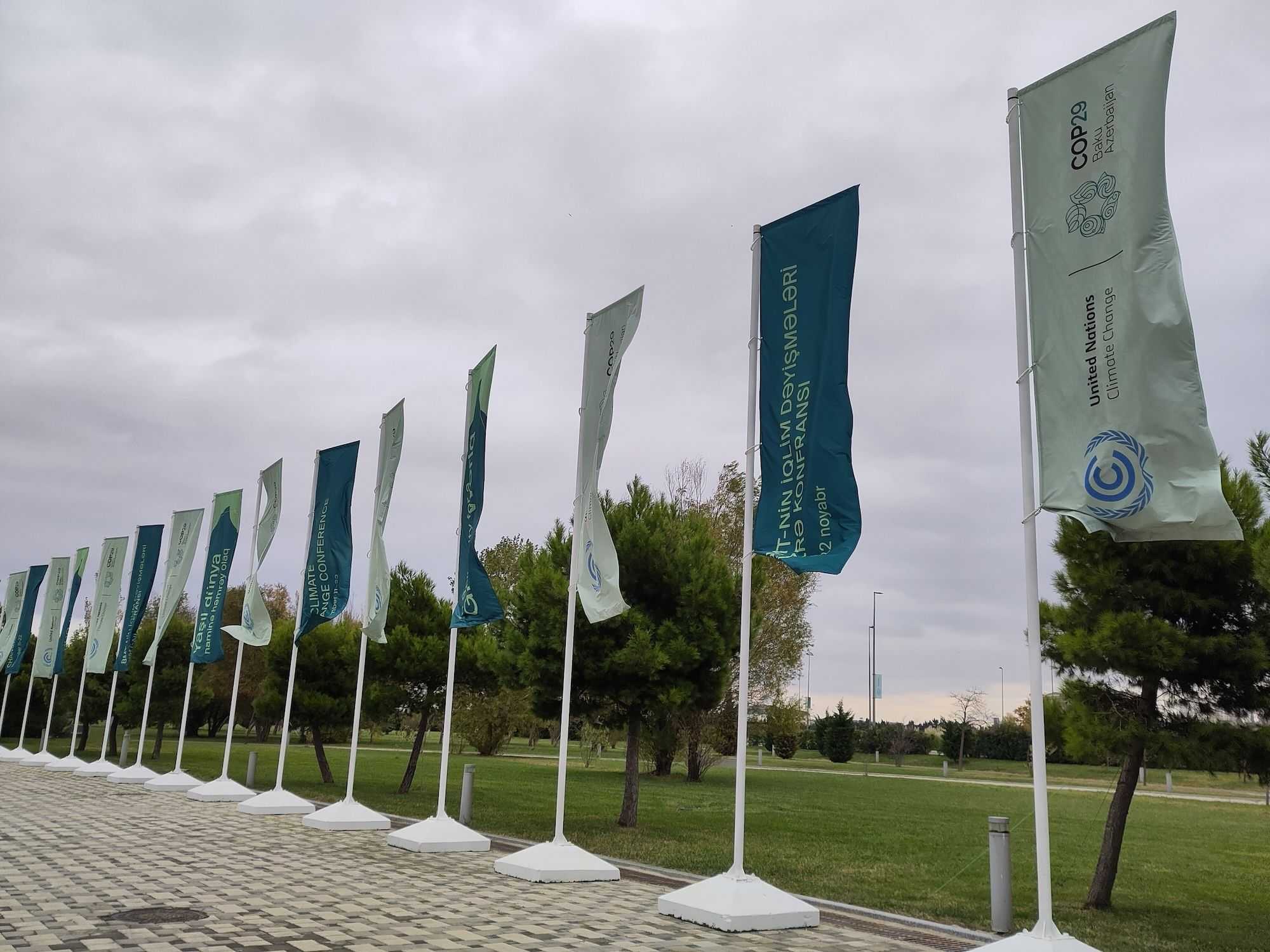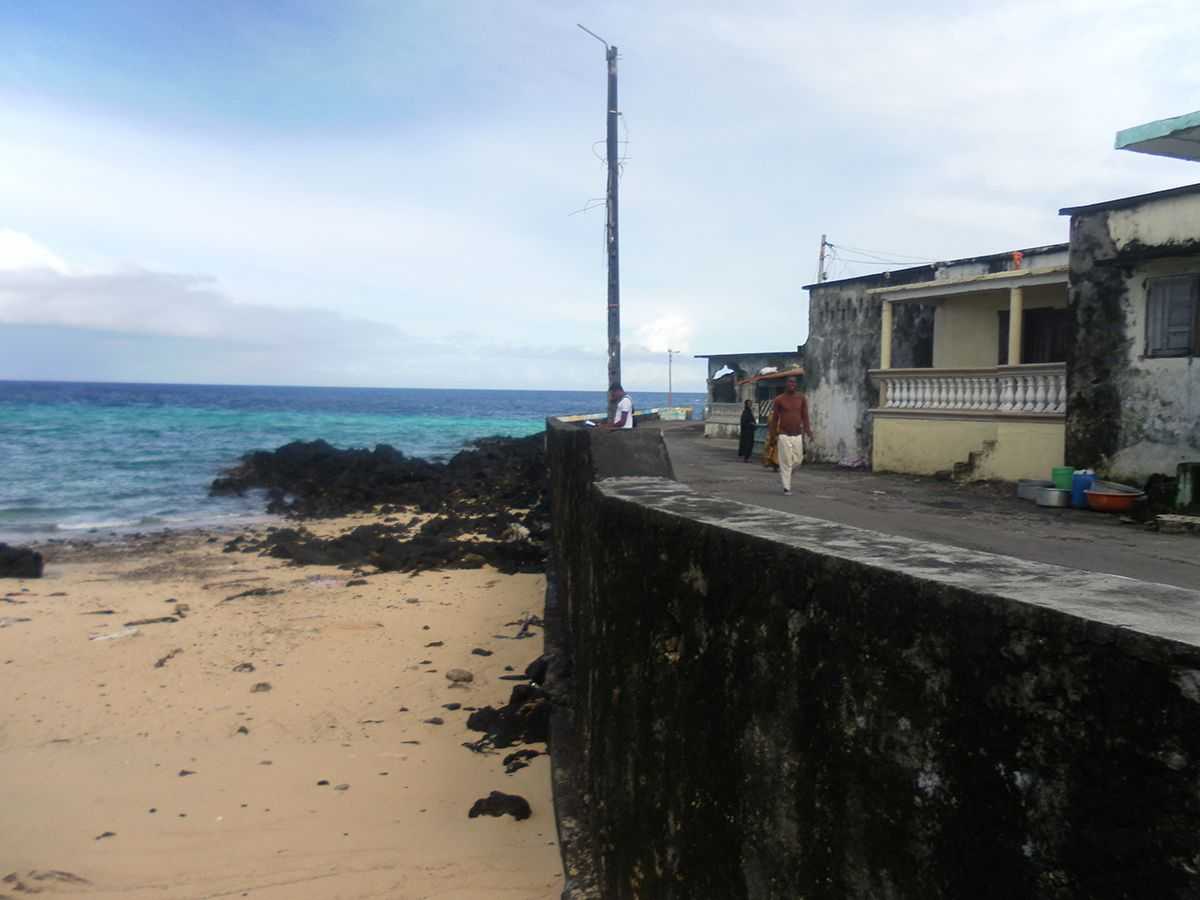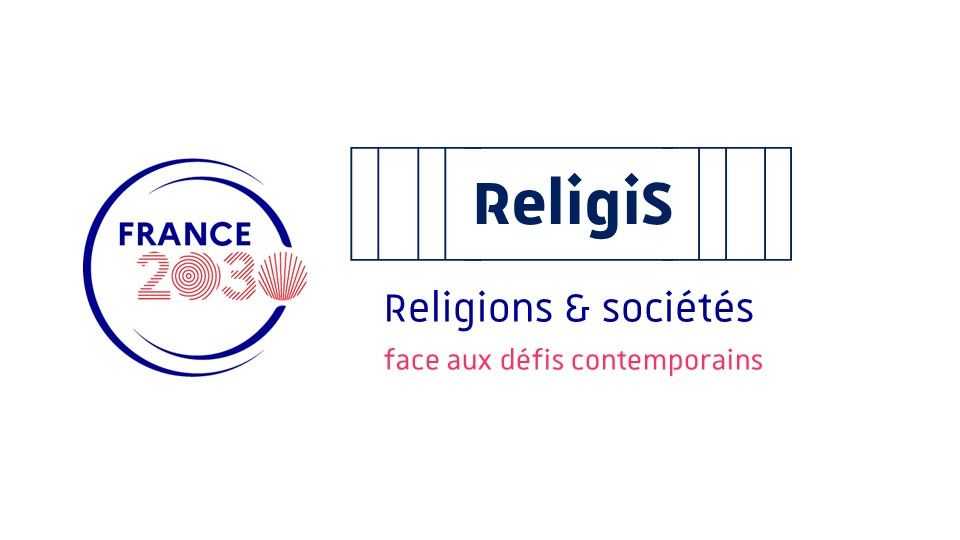
Home>Research>Research Projects
Research Projects
CERI has a proven track record of successfully managing and coordinating collaborative projects supported by national organisations (ANR, AFD, Ministries of Foreign Affairs and Defense, IRSEM, etc.) or by European programmes (Horizon 2020, ERC, HERA, Marie Curie fellowships and networks, etc.).
Follow us
Contact us
Media Contact
Coralie Meyer
Phone : +33 (0)1 58 71 70 85
coralie.meyer@sciencespo.fr
Corinne Deloy
Phone : +33 (0)1 58 71 70 68
corinne.deloy@sciencespo.fr












